SORRY NOT SORRY
Are people ‘over-apologizing’ too much?
Many people have become so accustomed to apologizing for the smallest things; it’s become a reflex.
Turns out that going a day without saying “sorry” for mishaps that are not your fault is not as easy as it seems.
About a week or two ago, a friend told me I apologize too much. Immediately my reflex response was, “I’m sorry.” This, of course, made me start to wonder, “Do I really say sorry that much?” To test this, I went the day attempting not to apologize for anything that wasn’t my fault. This was much harder than I thought it would be.
First thing in the morning when I arrived at school, I instinctively apologized to the student holding the door for me because I thought he had to wait for me to reach the entrance. Afterwards I said sorry to my friend because I started talking to her and she asked, “What?” — because she couldn’t hear me. Later I automatically apologized to another student in the hallway because I was filling up my water bottle and he was waiting behind me.
These examples were all before third period too.
I did my best throughout the day to avoid over-apologizing, but naturally I failed pretty miserably. I caught myself saying sorry for the smallest problems and found myself thinking, “Did I really just apologize for that?”
This “sorry reflex” is not a habit unique to me, though.
To figure out an average of how many Powell High School students had the same habit, I created a poll on my story with the question, “Do you tend to over-apologize for things or say sorry a lot?” I was quite surprised by the results. Of the 143 PHS students who viewed the poll, 86% of them voted “yes.”
“Do you over apologize for stuff or say sorry a lot?” I asked junior Whitney Hull.
“Like in person or what?” Hull asked. “Sorry, that sounded rude.”
Though she was joking, she went on to explain that although she previously over-apologized a lot, she had made an effort to stop. Hull told me how she felt that saying sorry too much made her feel like a pushover and how she has been attempting to stop over-apologizing.
So OK we get it, people over-apologize. But why?
I’ve found that the most frequent reason we over-apologize so often is out of fear of offending others. We apologize because we don’t want to hurt someone’s feelings, as the majority of us understand the discomfort of having been offended. Of course, this “tread lightly” mentality is not a bad trait. It’s important we keep others in mind before saying something potentially harmful.
However, most of what we apologize for is miniscule; it’d be incredibly difficult to offend someone with, for example, we apologize for things such as, “Sorry is this a good time?” … “Sorry about that,” or “Sorry, I’m in your way.”
I also wanted to hear from some PHS students about why we apologize so much. Senior Marie Ramier voted “yes” on the poll, so I asked her if she could tell me why she thought she apologized so much.
“Sorry, I can’t,” she said. “Just kidding.”
Ramier said she used “sorry” to diffuse uncomfortable conversations.
“It’s not usually a deep apology, just to make an awkward situation better,” Ramier said. “I have apologized to someone if they do worse on a test than me because I don’t know what else to say.”
Conversely, sophomore Garrett Morris voted “no” on the poll. I simply asked him, “If you were to have a conversation with someone who over-apologized, what do you think would be your initial impression?”
“That they aren’t really confident,” Morris said.
Are legitimate apologies necessary? Of course. So save the sorry for when it matters most.
And finally, I encourage you to keep track of how many times you say sorry in a day. You may be sorry to learn what you find.



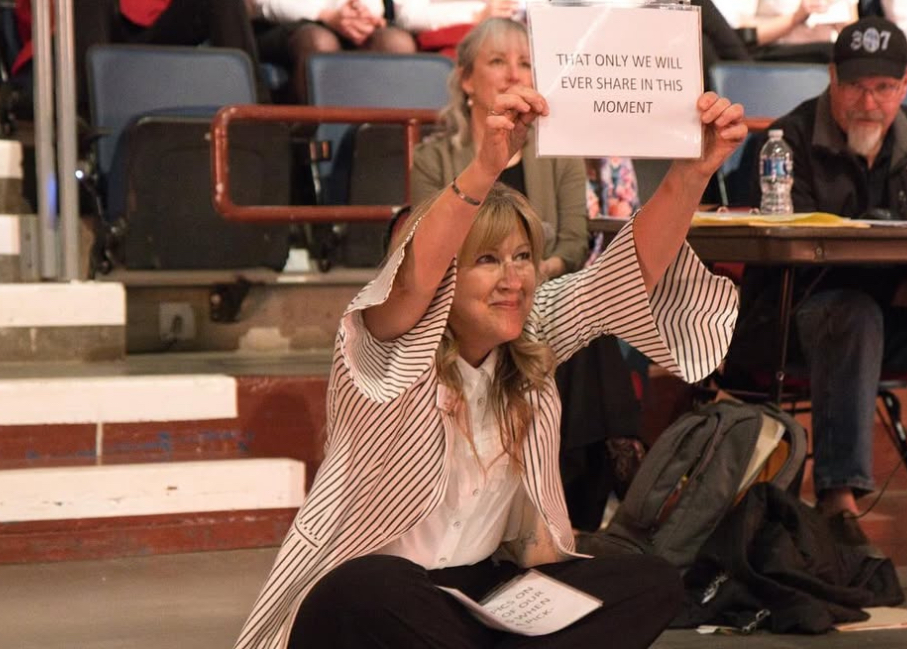

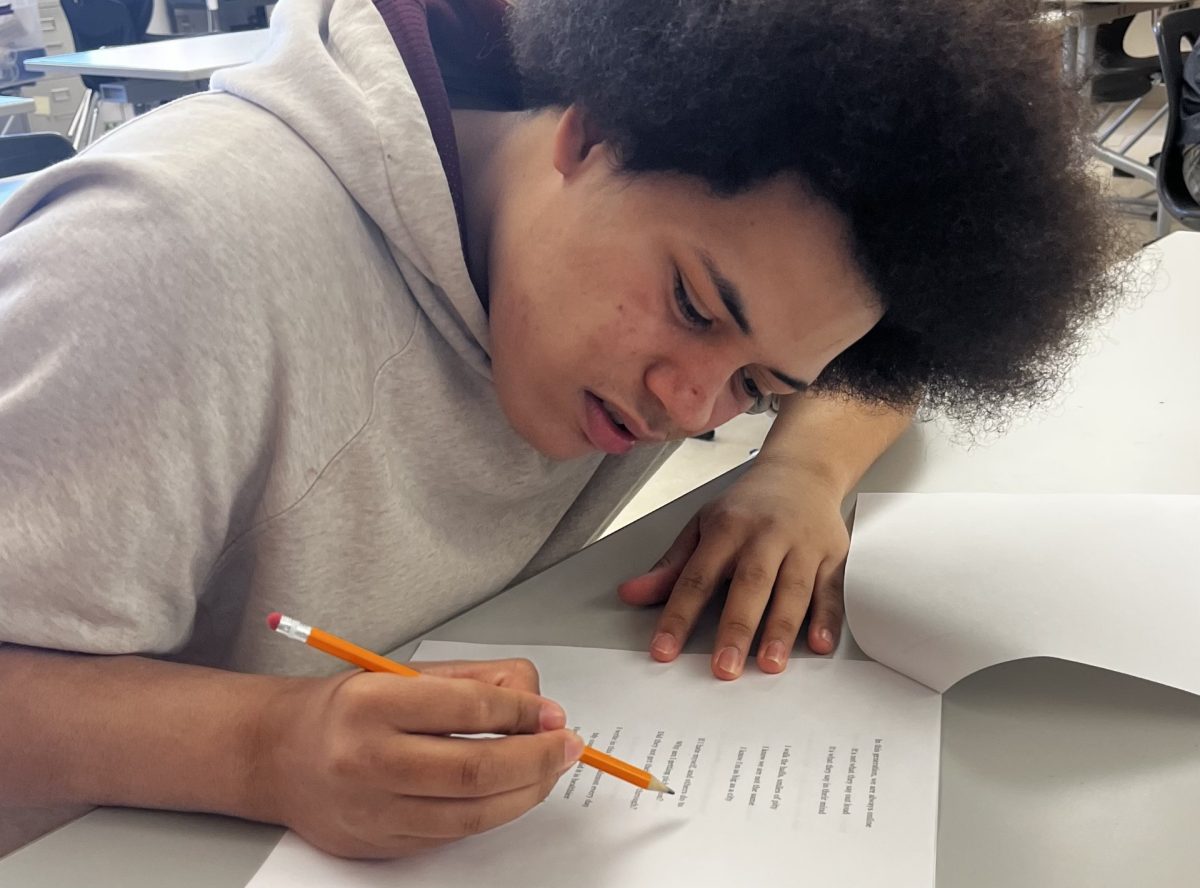

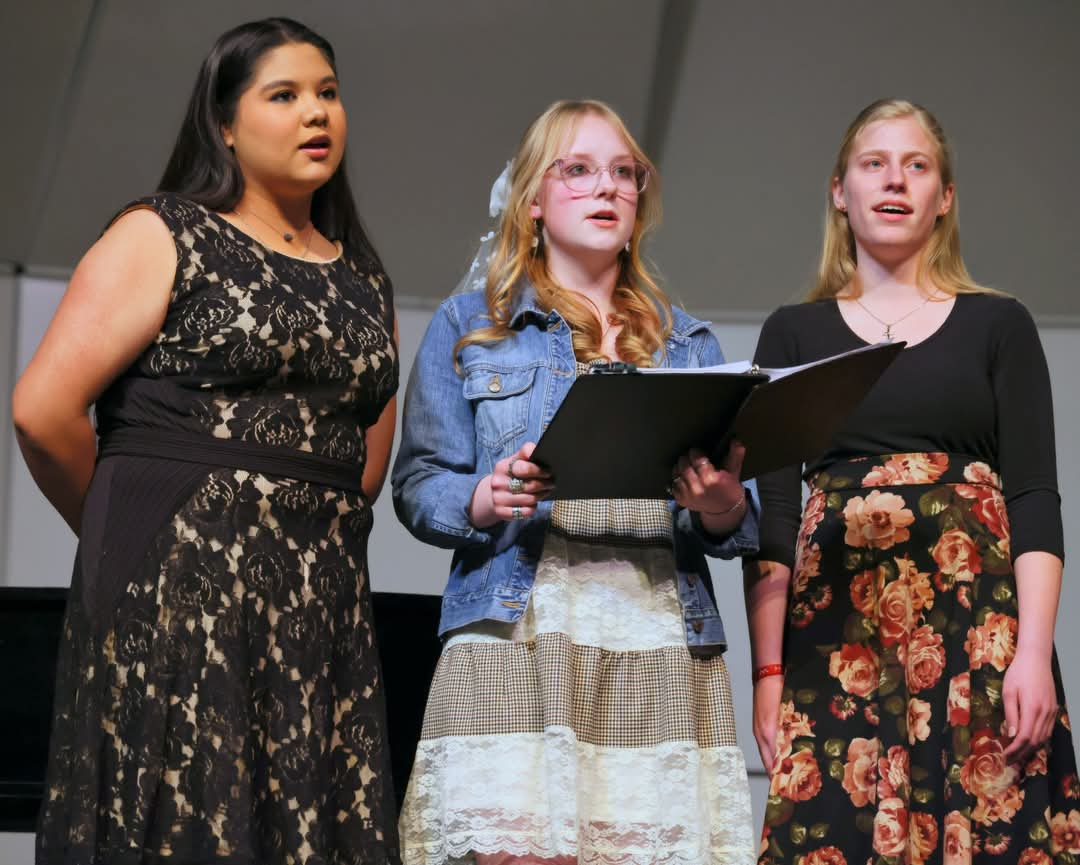
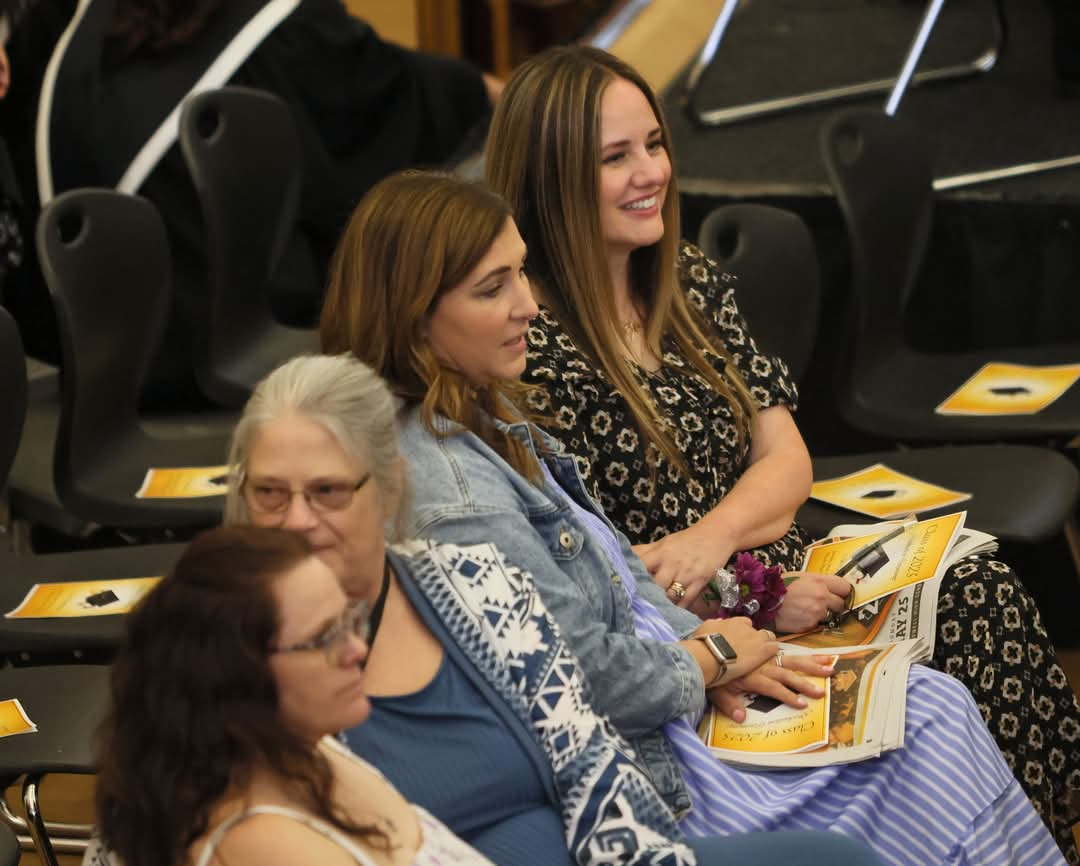

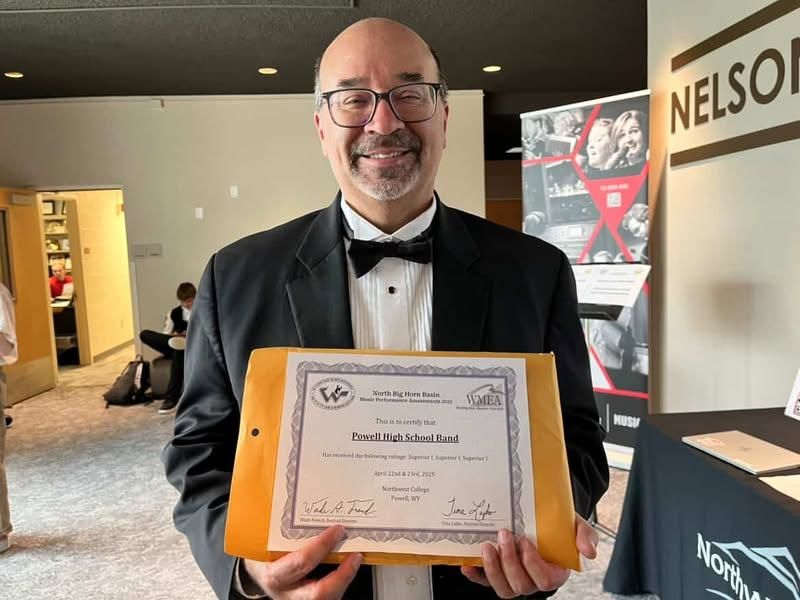
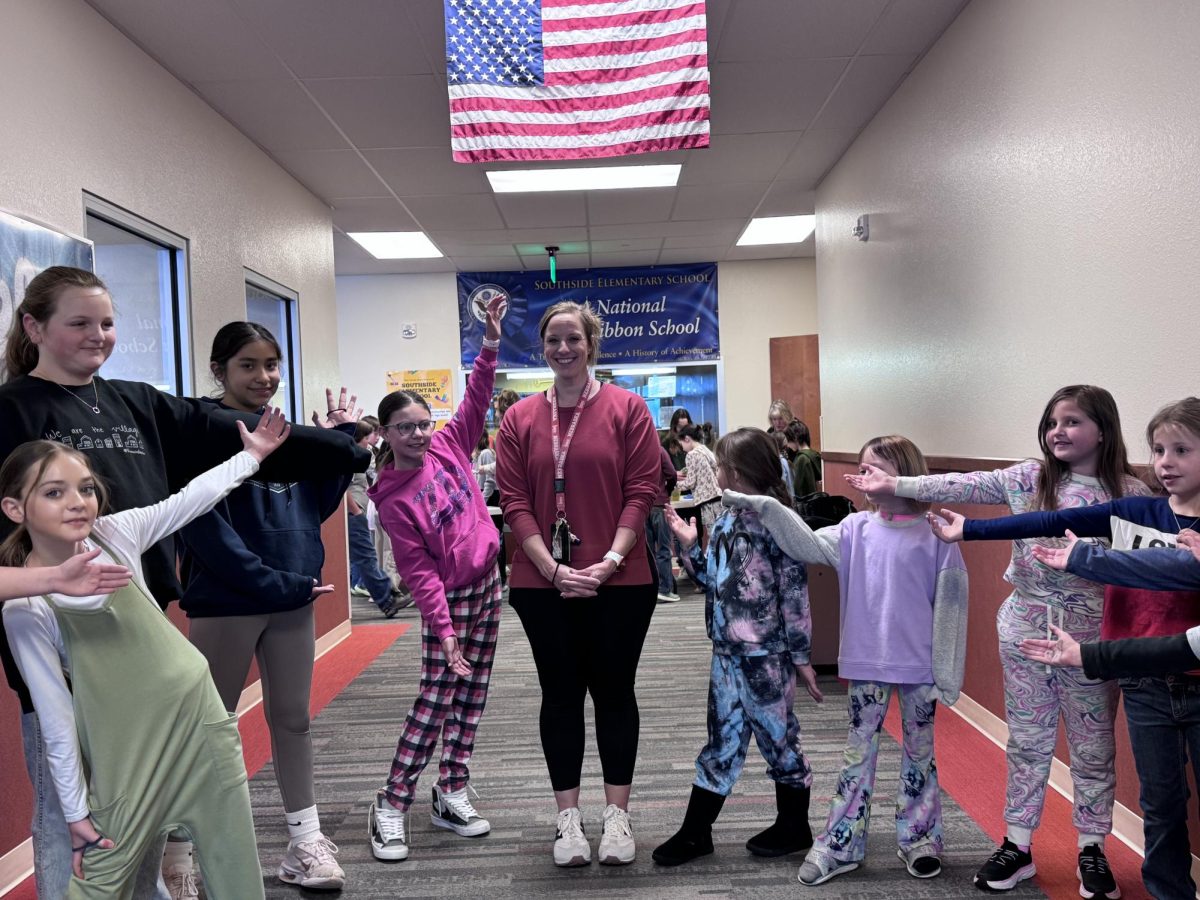
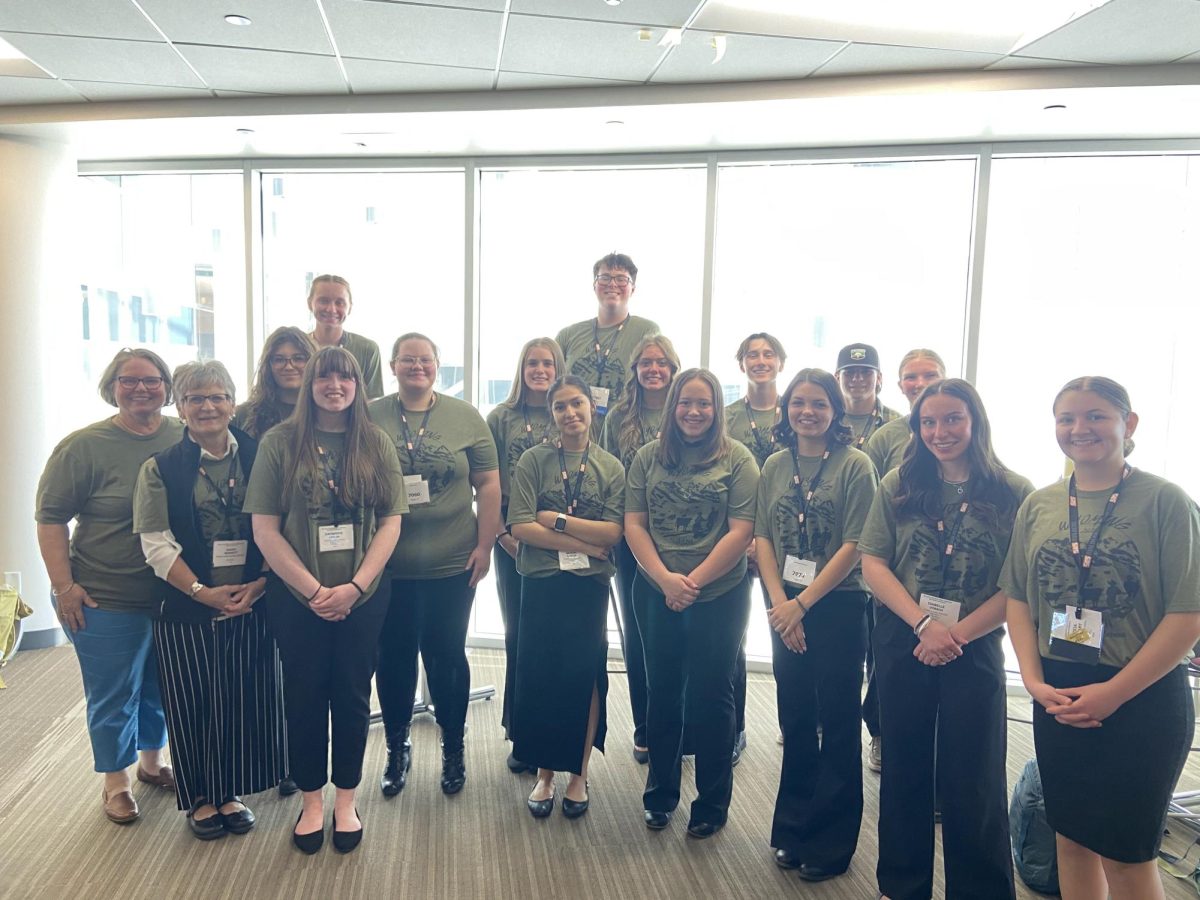

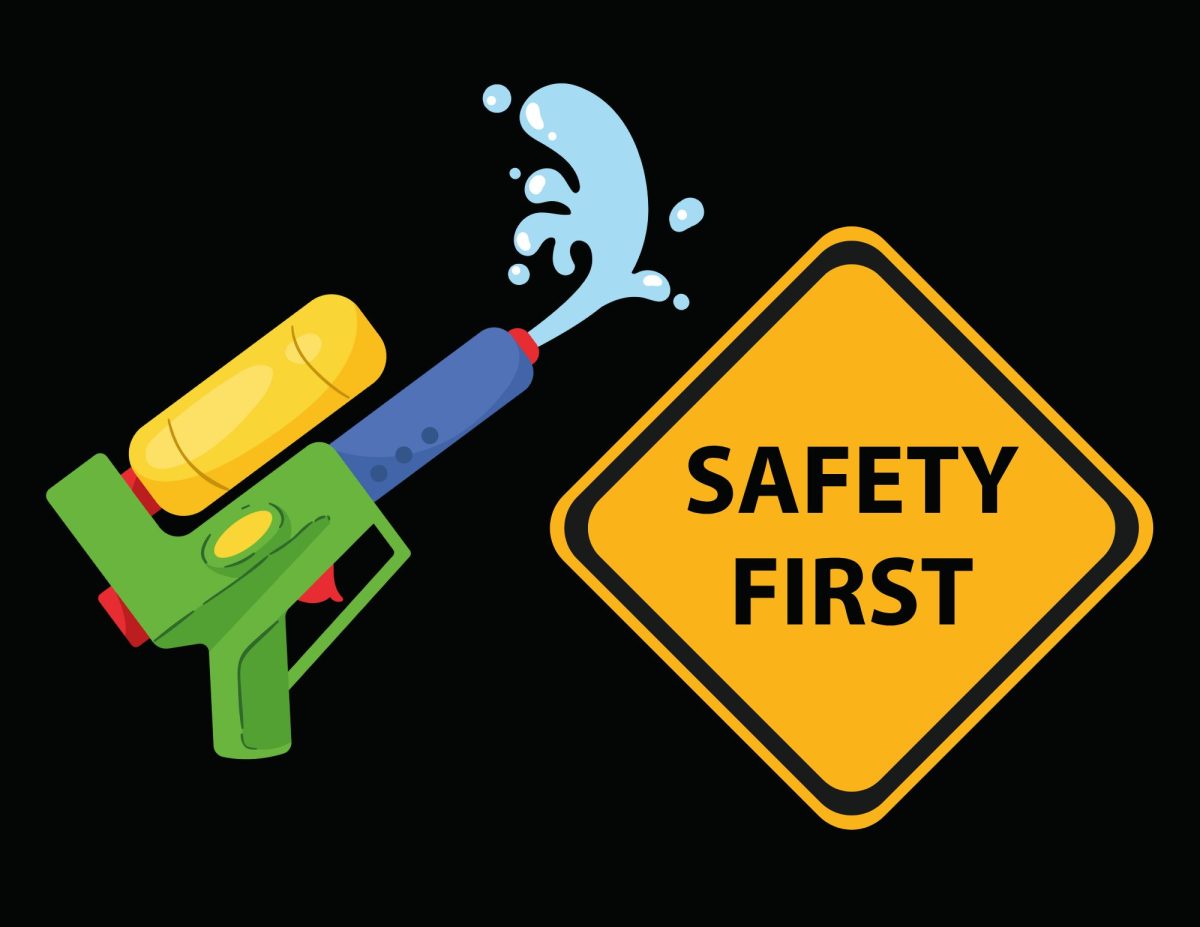
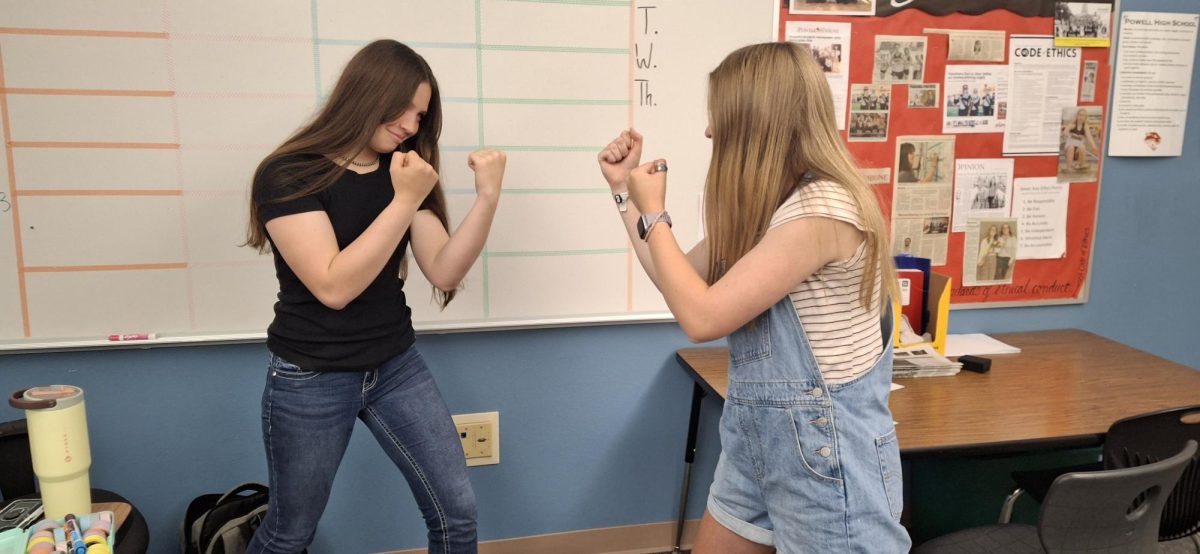

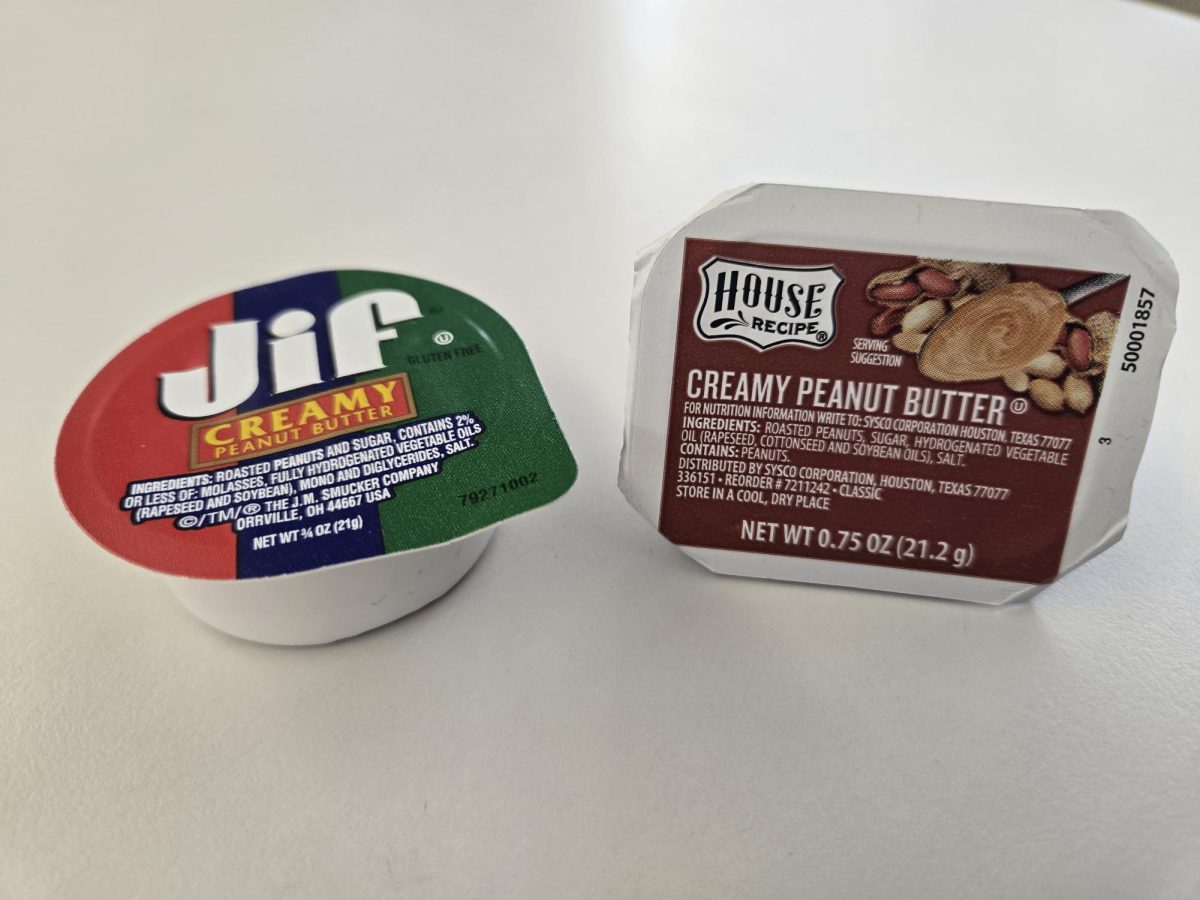


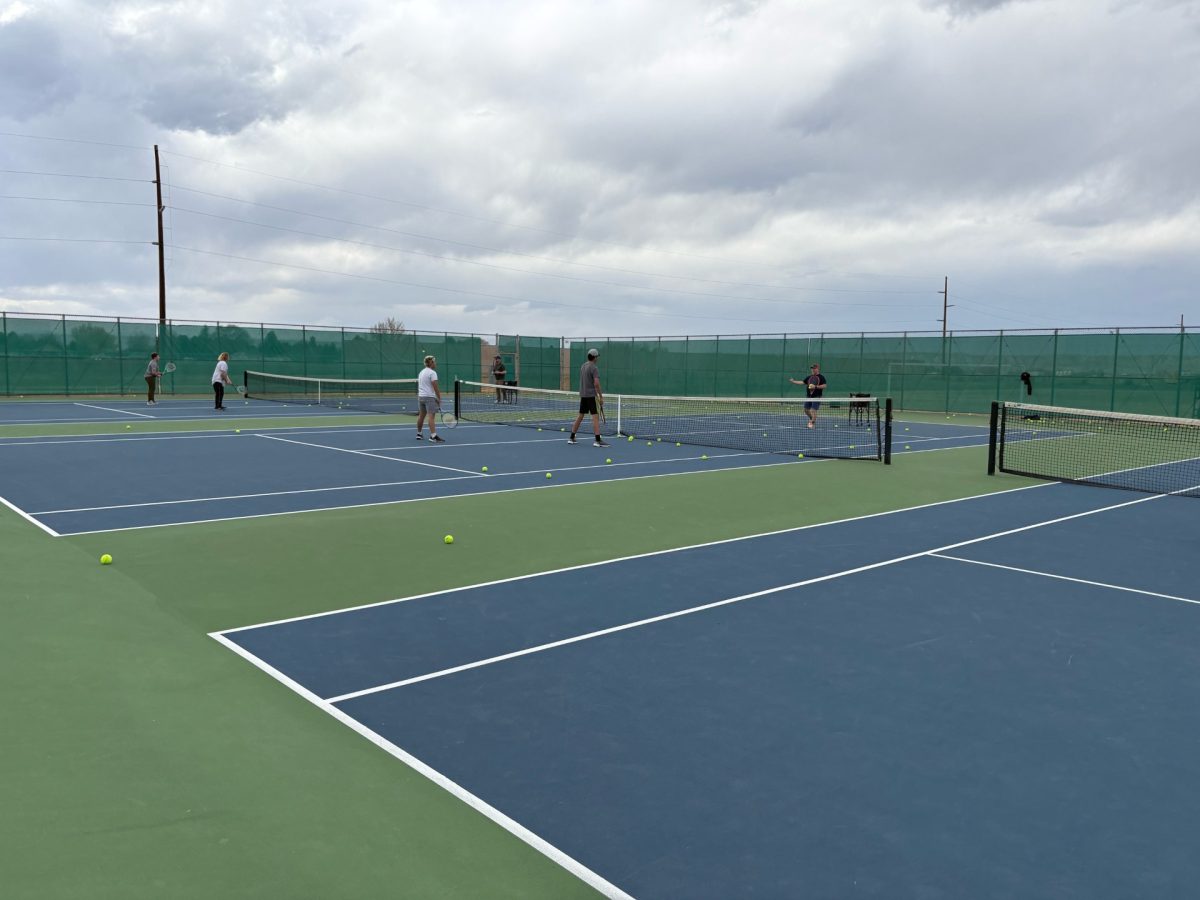

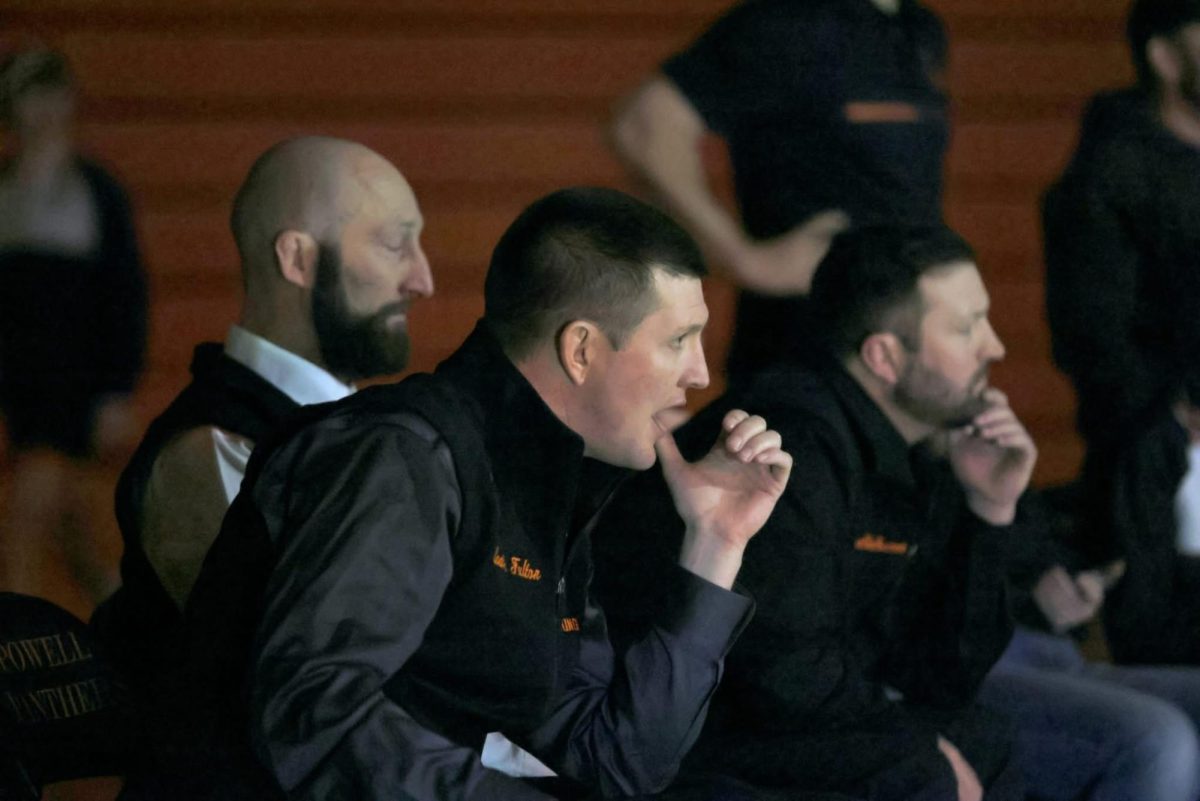





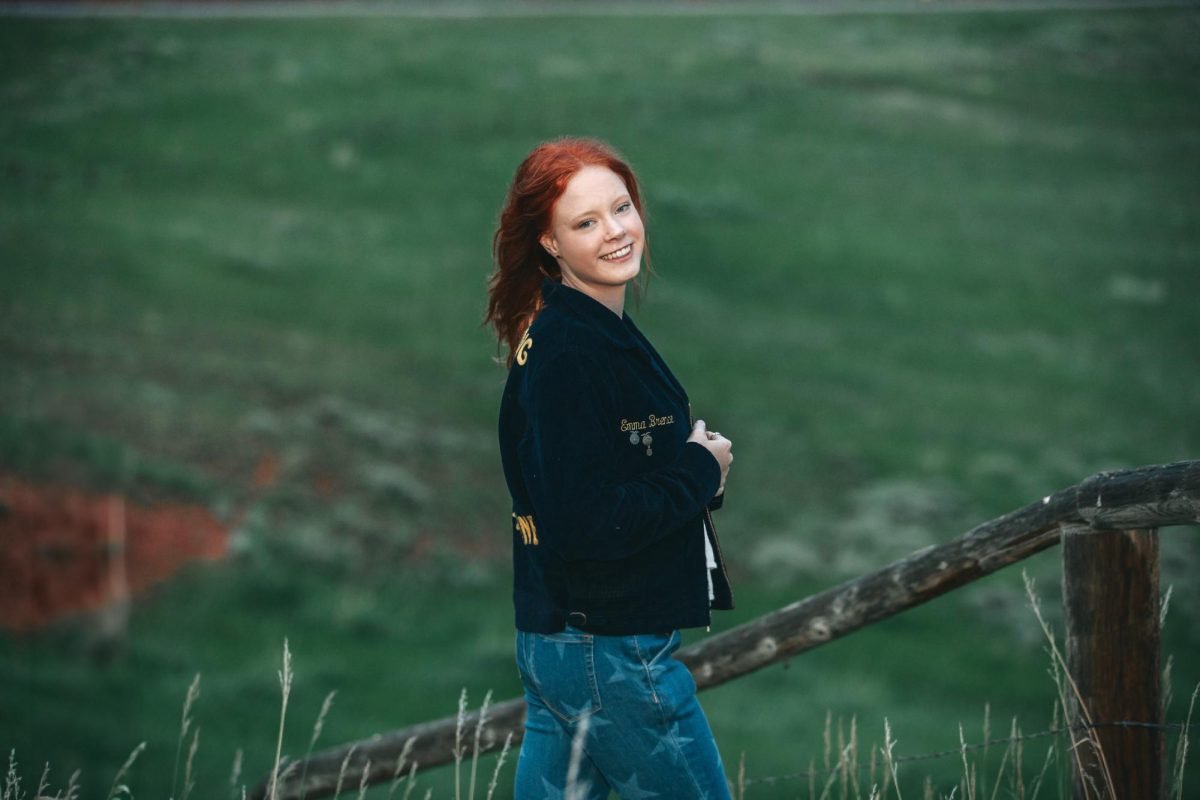
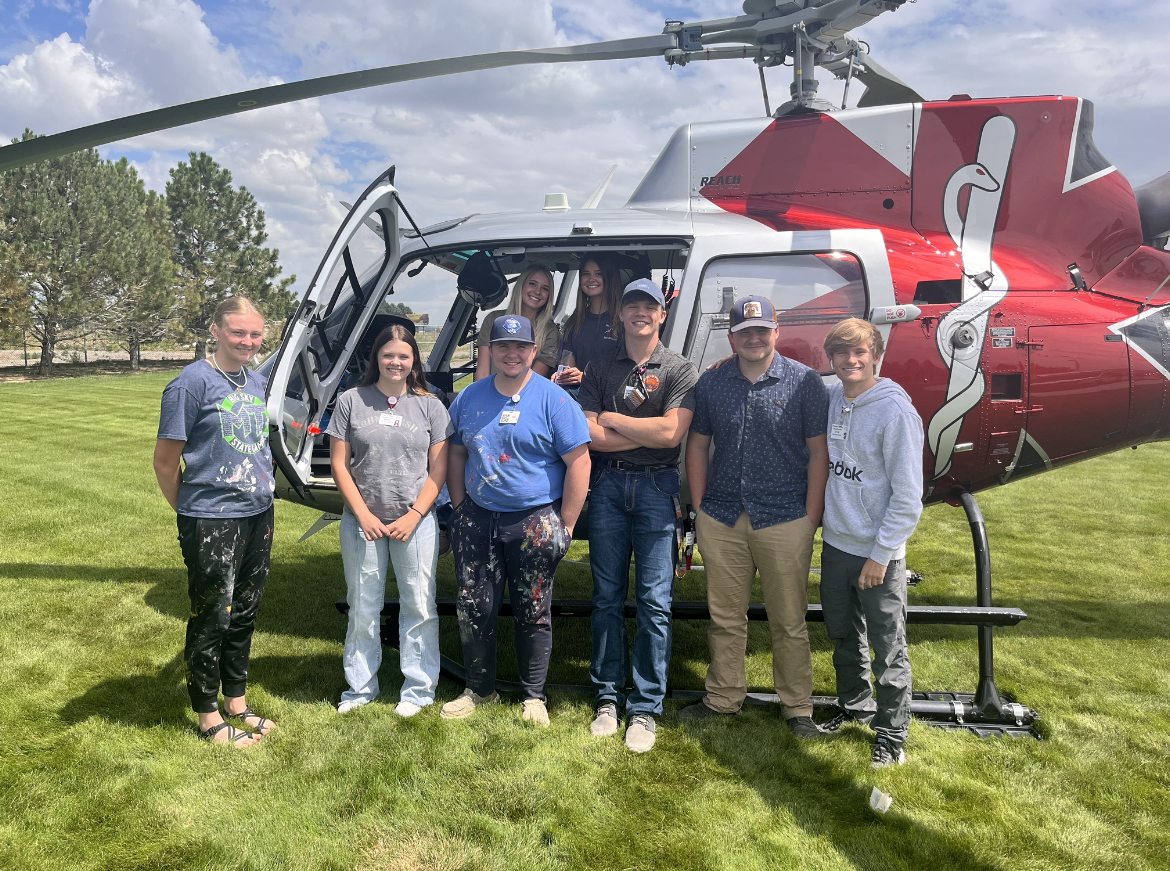
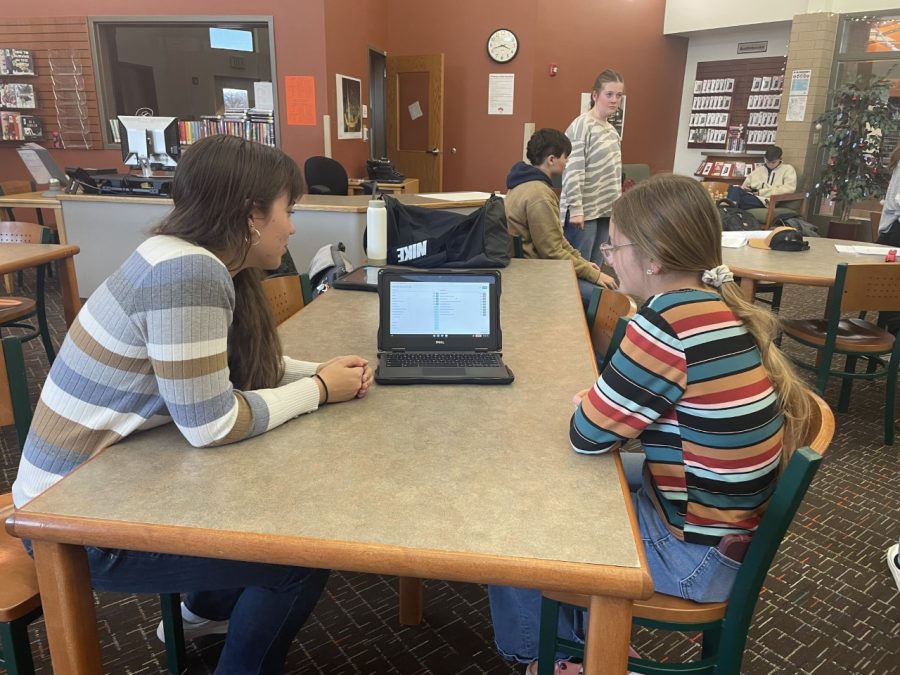



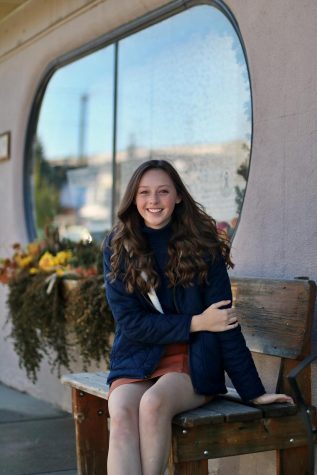
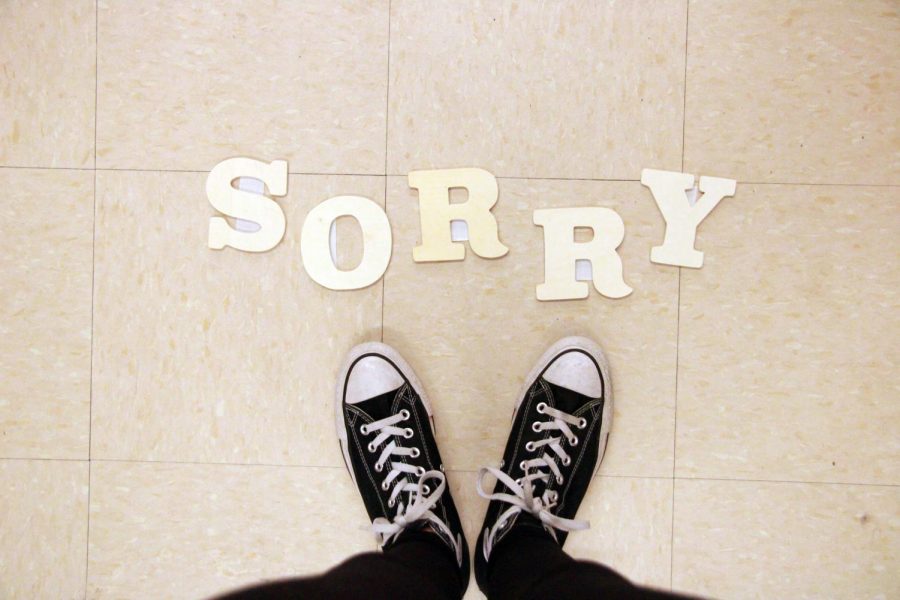
Romney Andreasen • Feb 26, 2020 at 4:47 pm
My cousin gave me a challenge a few years ago about this sort of thing. She said whenever it makes since to say “thank you” in place of a “sorry” do it. For example if someone was waiting for you say, “thanks for waiting for me” rather than saying “sorry you have to wait for me.” It makes you feel better and the other person feel better. (BTW I miss you guys!)
Mrs. Bennett • Nov 13, 2019 at 5:39 pm
Great article Abby. I agree, “sorry” should have meaning and used off offhandedly can create some communication barriers. Thank you for your insightful perspective!